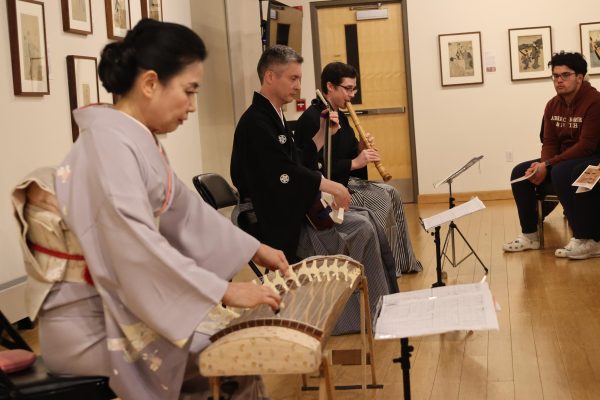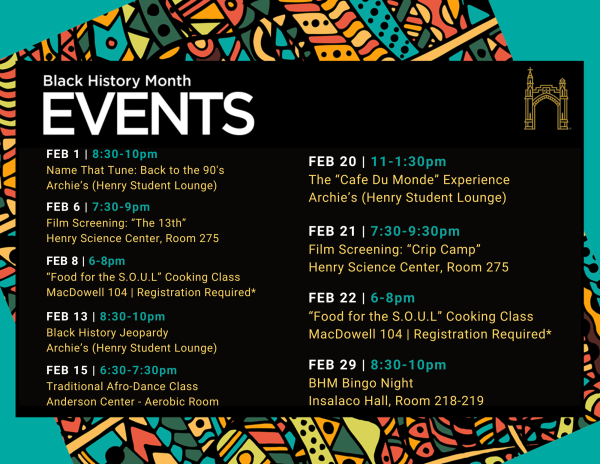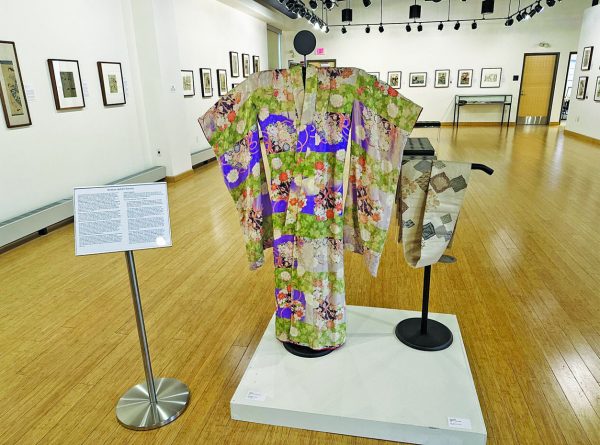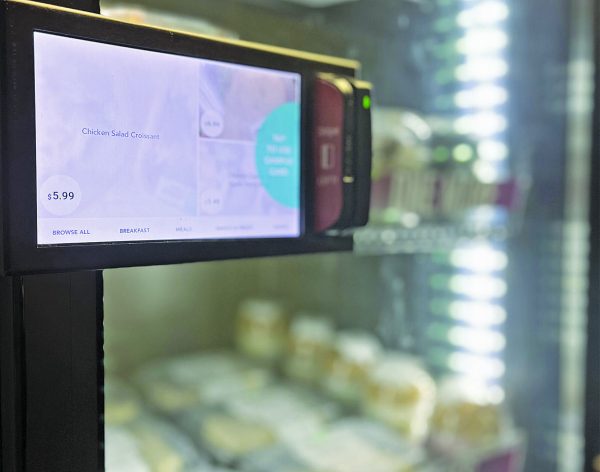Students, Faculty Reflect on Transition to Online Learning
May 5, 2021
Students and faculty are still dealing with the challenges of online learning, but it’s not all bad.
Students and faculty have varying opinions on how online learning has affected the semester. Many students said that they are struggling and missing out on the college experience by being online.
“Learning online has me missing the connection with my professors and peers. I’m quite isolated by being online and it’s weird to have gone from all online to now a hybrid. I feel I’m missing out by not being in a class,” said junior psychology major Karri Baker.
Sarah Badorf England, sophomore mass communications and design major, said that online learning has had her thriving and more relaxed than she was when she was in-person for class.
“I like online learning as I’m in my safe space of my room and I’m more open to participate in class and pay more attention to class,” said England.
As a commuter, junior speech language pathology major Kaylen Stone feels not being on campus hasn’t affected her as much, but she does miss the social aspect of college.
“I’m used to going home after class, but I really am missing that deep connection with my friends and professors. I thrive off of human interaction and I feel online is so informal to truly get to know someone, so I really am missing out on the connection to people,” Stone said.
Rachel Urbanowicz, assistant professor of Mass Communications and Design, said that students have been resilient and hard working despite the challenges. She said utilizing technology has even had some positive results.
“With screen share, it allows me to see where the student needs help and to help them without being so close to them, because in-person can make it awkward to lean over and try and help,” said Urbanowicz.
Urbanowicz said she has found that with online learning, students are more comfortable asking for help when they are in their own spaces such as dorm rooms or bedrooms.
“Students know I’m very comfortable on Zoom and willing to help, so they are always setting up Zoom meetings with me, so I can help them and it’s easier to work one-on-one safely in a Zoom call. It’s more convenient,” she said.
She said a negative part of online learning is that she cannot get to know her students as personally as she was able to in the past.
“As I see it, a very valuable key to both teaching and learning is to have a great relationship face to face,” Urbanowicz said. “I want them to be more human to me and vice versa than just a face on a screen. I miss getting to know my students as people.”
Online learning has also posed a challenge for her personal teaching style. Urbanowicz said she prefers to use a Blackboard in the classroom, which makes it more difficult to provide physical examples to students.
“I like to use stuff as examples. For example in Media Literacy, I like to bring actual newspapers in and articles and I like to have students circle things in them. I think there is a tactile side of learning that enhances it,” she said.
She said some classes such as Graphic Design are “impossible not to do face to face” so she had to come up with alternatives that would allow students to be in person safely. These alternatives include having one computer per desk to allow for social distancing and making sure cleaning supplies like disinfectant spray and hand sanitizer are readily available.
Students feel their education has been slightly affected due to the changes but are looking toward the future.
“Being online has had an effect on my learning as last semester in my Audiology course we missed out on working with clients in-person,” said Stone. “It was all virtual, so I felt a disconnect with not being hands-on and a lack of knowledge that will be useful to me in my future endeavors.”
Although she is missing out on first-hand experiences, she believes that online learning has been beneficial for other skills.
“I’ll take away my computer skills, be a better communicator and a stronger writer,” said Stone.
Urbanowicz said she also misses the experience of being in-person on campus.
“I really miss the whole campus community,” she said. “I miss all the fun activities. Campus feels so empty and like a ghost town, but it’s encouraging to see people sitting outside and I’m excited to have a full in-person class again.”
Students said that they’ve been surprised by how much they’ve learned about themselves throughout this time.
“I learned that I’m a very independent and hardworking person when it comes to online and have more motivation to get my work done. I will carry this fire and determination to do my work to the best of my ability,” Baker said.
England said she learned how to manage her time better.
“I definitely learned how to be more productive during online learning, as my freshman year I really struggled to prioritize work and get my assignments done,” she said.
Stone will take away technology skills that will be helpful as a speech language pathologist. Teletherapy, using online communication services like Zoom to provide therapy, is something Stone said she will be more prepared for thanks to virtual learning.
“In looking at the future, I’ll take my computer knowledge that I learned from being online and be a better communicator for my clients,” said Stone.
Urbanowicz is hopeful that her students have learned how to appreciate the advantages they have in life, regardless of how small they are.
“Everyone needs to appreciate the little things, which we all have taken for granted,” said Urbanowicz.






